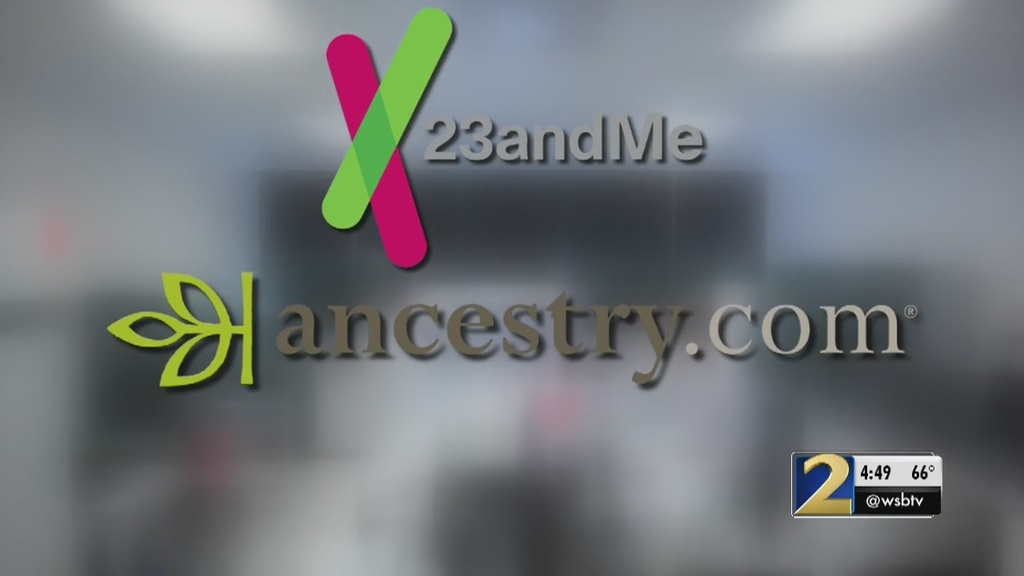More than 1.2 million customers have sent their saliva to 23andMe to learn about their own genetics, though not everyone is aware that police can potentially have access to their DNA.
“We try to make information available on the website in various forms, so through Frequently Asked Questions, through information in our privacy center,” 23andMe privacy officer Kate Black told Action News Jax.
Police have only requested information from 23andMe for five Americans and according to 23andMe reports, the company didn’t turn over any information.
“In each of these cases, 23andMe successfully resisted the request and protected our customers’ data from release to law enforcement,” Black and colleague Zerina Curevac wrote in a blog post last year.
But Black said she wouldn’t rule out the possibility in the future and seeks to review requests on “a case-by-case basis.”
In the 23andMe blog post, Black and Curevac address multiple privacy concerns and questions involving law enforcement and their DNA.
They write that typically police will collect the DNA of an unknown suspect at a crime scene and compare it to the federal government’s genetic information database, the Combined DNA Index System or “CODIS.”
Using CODIS, police can run a search to see if the DNA matches that of a convicted offender or arrestee profile in the database. They can also run a “familial search” to identify close biological relatives.
If no matches are found, police may turn to privately owned databases.
But 23andMe and other ancestry tools aren’t likely to be useful to law enforcement or to the government, Black and Curevac wrote.
Their genetic tests can’t be used to match CODIS information or information in other governmental databases because the genotyping technology is very different.
And, even if police are presented a situation in which their testing would be useful, they would still face tough legal and technical limitations.
These limitations are usually enough to persuade police to back off their requests, according to the blog.
23andMe posts law enforcement requests on its public Transparency Report.
While police have been unable to obtain DNA information from 23andMe, in 2014, Ancestry self-reported that it released a customer’s DNA sample to police in compliance with a search warrant.
According to Ancestry’s website, the company “requires valid legal process in order to produce information about our users. We comply with legitimate requests in accordance with applicable law.”
The investigation involved the 1996 murder and rape of 18-year-old Angie Dodge in Idaho Falls, Idaho, Mashable reported. Police believed there was another suspect involved in addition to Christopher Tapp, who was sentenced to life in prison in 1998.
The 2014 Ancestry results found a close (but not exact) match, which police believed to be Tapp’s relative.
After showing up at donor Michael Usry Jr.’s doorstep in New Orleans, Louisiana, for a six-hour interrogation and blood drawing, police determined it wasn’t a match, Mashable reported.
Ancestry’s Transparency Report states that the company received nine valid law enforcement requests in 2016 and provided information on eight of the requests to government agencies. All were related to credit card misuse and identity theft.

